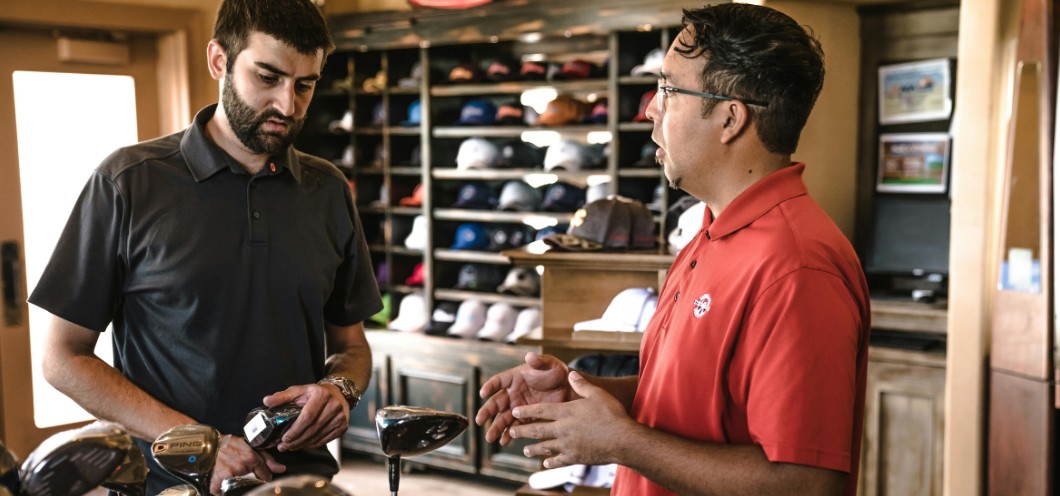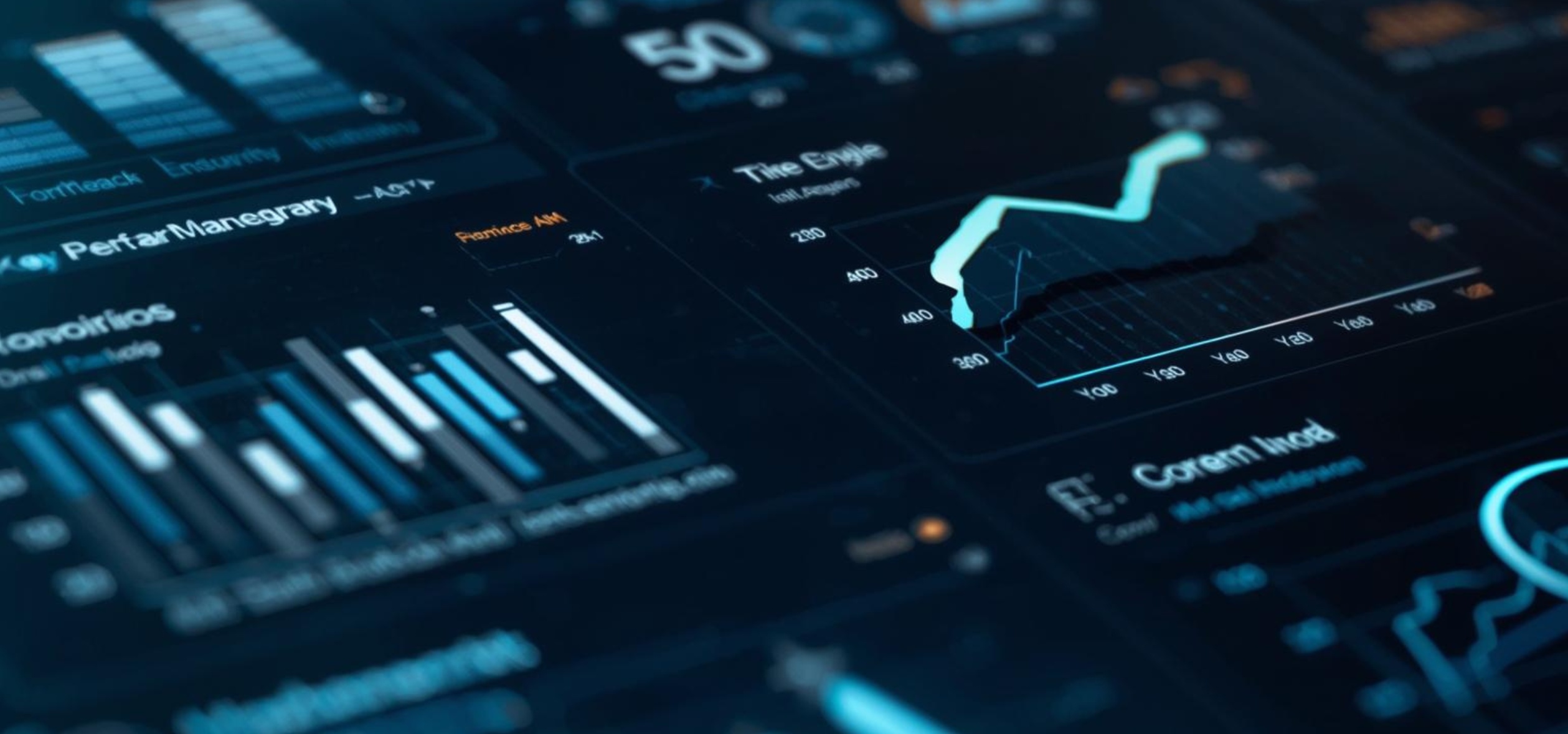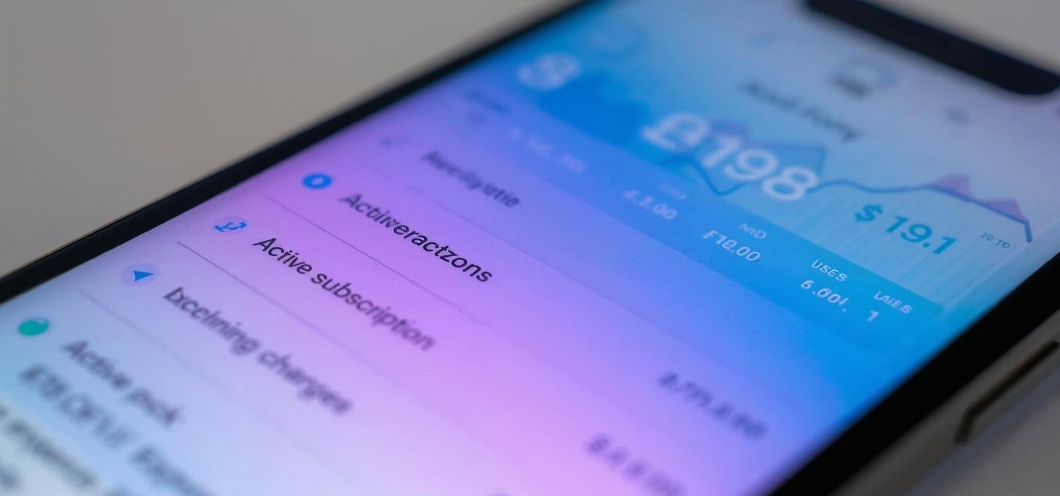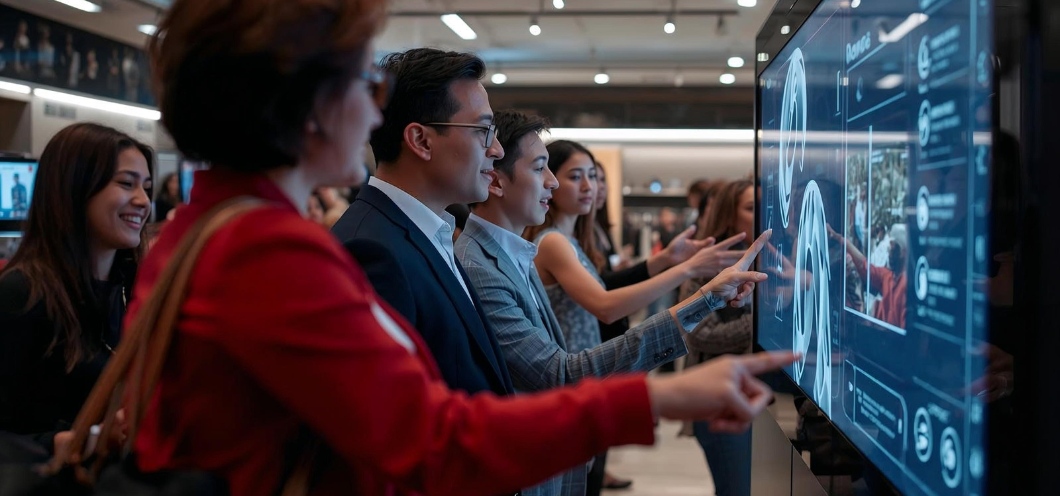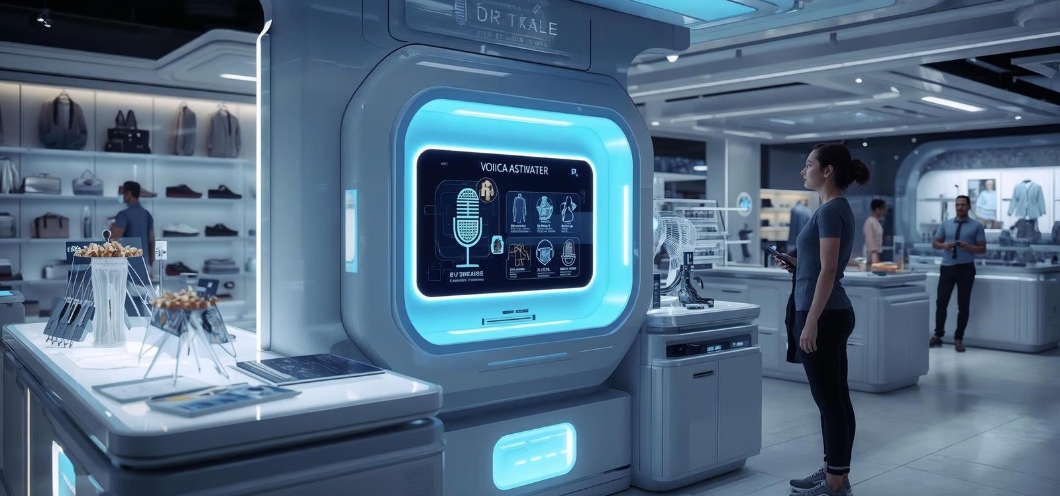- Imran Khan
- 897
In 2024, the retail landscape has evolved dramatically, driven by technological advancements and changing consumer preferences. One of the most significant trends reshaping the industry is the blending of physical and digital experiences. As retailers strive to meet the demands of modern consumers and stay ahead of the competition, they are leveraging technology to create seamless omnichannel experiences that bridge the gap between online and offline shopping. In this blog, we’ll explore how retail is embracing this trend and transforming the way we shop.
Enhanced In-Store Experiences
While online shopping offers convenience and accessibility, the physical store remains a crucial touchpoint for retailers. In 2024, brick-and-mortar stores are undergoing a digital transformation to provide customers with enhanced in-store experiences.
Augmented Reality (AR) and Virtual Reality (VR)
Retailers are integrating AR and VR technologies to create immersive experiences for customers. Through AR-enabled mirrors, shoppers can virtually try on clothing and accessories, allowing them to visualize how items will look before making a purchase. VR experiences transport customers to virtual showrooms or offer interactive product demonstrations, enhancing engagement and driving sales.
Interactive Displays and Smart Shelves
Interactive displays and smart shelves are becoming commonplace in retail stores. These displays use sensors and digital screens to provide product information, recommendations, and reviews in real-time. Customers can interact with the displays to learn more about products, compare options, and make informed purchasing decisions.
Seamless Omnichannel Integration
In 2024, retailers are prioritizing seamless integration between their online and offline channels to provide customers with a unified shopping experience.
Click-and-Collect and Curbside Pickup
Click-and-collect and curbside pickup options have gained popularity, allowing customers to shop online and pick up their orders at a convenient location. Retailers are streamlining this process by implementing dedicated pickup counters and leveraging mobile apps for easy order tracking and notifications.
In-Store Pickup of Online Orders
Many retailers now offer the option to pick up online orders in-store, blurring the lines between online and offline shopping. Customers can enjoy the convenience of online shopping while still having the opportunity to browse and make additional purchases in-store.
Personalized Digital Engagement
Personalization is key to delivering exceptional customer experiences, and retailers are leveraging data and technology to personalize interactions both online and offline.
Customer Data and Analytics
Retailers are collecting and analyzing customer data from various touchpoints to gain insights into shopping behaviors and preferences. This data is used to personalize marketing messages, recommend products, and tailor the shopping experience to individual customers.
Beacon Technology
Beacon technology is being used to deliver location-based offers and personalized recommendations to shoppers in-store. By sending notifications to customers’ smartphones based on their proximity to certain products or areas of the store, retailers can drive engagement and increase sales.
Social Commerce Integration
Social media platforms have become powerful tools for driving sales, and retailers are integrating social commerce into their omnichannel strategies.
Shoppable Social Media Posts
Retailers are leveraging shoppable posts on platforms like Instagram and Facebook, allowing customers to purchase products directly from their social media feeds. By integrating social commerce into their digital marketing efforts, retailers can reach customers where they already spend time online and drive impulse purchases.
Live Shopping Events
Live shopping events, where retailers showcase products in real-time through live video streams, are becoming increasingly popular. Customers can interact with hosts, ask questions, and make purchases seamlessly within the platform, creating an engaging shopping experience that combines entertainment with commerce.
Wrap Up
In conclusion, the retail industry in 2024 is characterized by the seamless integration of physical and digital experiences. By embracing technologies such as AR, VR, omnichannel integration, personalization, and social commerce, retailers are redefining the shopping experience and meeting the evolving needs of modern consumers. As technology continues to advance, we can expect retail to become even more immersive, interactive, and personalized in the years to come.
Tags:
Retail StrategiesRetail TrendsAuthor - Imran Khan
Imran Khan is a seasoned writer with a wealth of experience spanning over six years. His professional journey has taken him across diverse industries, allowing him to craft content for a wide array of businesses. Imran's writing is deeply rooted in a profound desire to assist individuals in attaining their aspirations. Whether it's through dispensing actionable insights or weaving inspirational narratives, he is dedicated to empowering his readers on their journey toward self-improvement and personal growth.
Popular Post
